Kansha: Gratitude as a Zen practice
Kansha (感謝), translated as “gratitude” or “thankfulness”, represents a mental attitude of deep appreciation in Zen practice. While gratitude is universally recognized as a virtue across cultures and traditions, its significance within Zen extends beyond conventional thankfulness for favorable conditions. In Zen, kansha embodies a radical acceptance and appreciation of all aspects of life, including hardship, impermanence, and loss, as integral parts of the unfolding reality. It expresses a mature insight that recognizes interdependence (engi) and the non-separateness of self and world.

The kanji 感謝, which reads kansha in Japanese, literally means “gratitude”. The first character, 感 (kan), means “feeling” or “emotion”. The second character, 謝 (sha), means “thanks” or “apology”. Together, they convey the idea of an emotional recognition and acknowledgment of benefaction. In Zen, kansha is not merely a sentiment but a lived experience that permeates all aspects of practice and daily life.
Etymology and cultural context
The term kansha combines two characters: 感 (kan, “feeling” or “emotion”) and 謝 (sha, “thanks” or “apology”). Together, they connote an emotional recognition and acknowledgment of benefaction. In Japanese culture, kansha extends beyond personal feelings into a broader ethic of humility, relational awareness, and appreciation for what sustains life, often regardless of personal preference.
Within Zen, kansha does not merely arise when conditions are pleasing. Instead, it reflects an awakened sensitivity to the gift-like nature of existence itself. Every breath, every encounter, every challenge is seen as part of a web of causes and conditions far beyond personal control. To live in kansha is to live without entitlement, recognizing that one’s very existence is supported by countless seen and unseen factors.
Kansha in Zen practice
In formal zazen, kansha may arise spontaneously when the practitioner experiences the simple fact of being alive, breathing, and aware. It may also be deliberately cultivated through reflections on the interdependent nature of life. A common Zen meal chantꜛ expresses this spirit: “Seventy-two labors brought us this food; we should know how it comes to us.” Gratitude is not an external obligation but a recognition woven into awareness itself.
In daily practice, kansha is expressed through mindful care for objects, spaces, and relationships. Treating a tea bowl with reverence, cleaning one’s environment attentively, or bowing to others with sincerity — all these embody gratitude not as sentiment but as action. Such gestures reflect the Zen view that appreciation is inseparable from conduct.
Importantly, kansha also extends to difficult conditions. Physical discomfort, emotional pain, and loss are not rejected but embraced as part of the full texture of life. In this sense, kansha overlaps with the Zen understanding of impermanence (anicca) and the transformative potential of meeting reality without resistance.
Buddhist foundations and philosophical relevance
Gratitude in Zen is deeply aligned with the Buddhist insight into dependent origination (paṭiccasamuppāda). Nothing exists independently; everything arises through a vast network of conditions. Recognizing this interdependence naturally leads to humility and appreciation.
Whereas some Western models of gratitude focus on personal benefit — being thankful for what enhances one’s well-being — Zen gratitude transcends this framework. It does not distinguish sharply between pleasant and unpleasant; it appreciates the totality of conditions that make experience possible. In this way, kansha supports the loosening of ego-centered views and fosters a heart of compassion and resilience.
Philosophically, kansha challenges the modern emphasis on entitlement, self-sufficiency, and ownership. It shifts the practitioner’s stance from “I deserve” or “I achieved” to “I am upheld.” Such a shift nurtures ethical conduct, patience, and a capacity to engage the world with openness rather than grasping.
Conclusion
Kansha embodies a crucial dimension of Zen practice: recognizing and appreciating existence in its entirety, including its impermanent and unpredictable aspects. It moves gratitude beyond selective appreciation toward a holistic acceptance of conditions as they are. kansha challenges entitlement-based models of gratitude that depend on favorable outcomes, emphasizing instead the abandonment of grasping and aversion. In doing so, it supports a broader Buddhist insight: that liberation is found not by escaping the conditions of life but by engaging them with clarity, humility, and a deep sense of interconnectedness.
References and further reading
- Oliver Bottini, Das große O.-W.-Barth-Buch des Zen, 2002, Barth im Scherz-Verl, ISBN: 9783502611042
- Heinrich Dumoulin, Geschichte des Zen-Buddhismus, Band 1+2, 2019, 2., durchgesehene und erweiterte Auflage, Francke A. Verlag, ISBN: 9783772085161
- Hans-Günter Wagner, Buddhismus in China: Von den Anfängen bis in die Gegenwart, 2020, Matthes & Seitz Berlin, ISBN: 978-3957578440
- Jr. Buswell, Robert E., Jr. Lopez, Donald S., Juhn Ahn, J. Wayne Bass, William Chu, The Princeton dictionary of Buddhism, 2014, Princeton University Press, ISBN: 978-0-691-15786-3
- Werner Lind, Budō – Der geistige Weg der Kampfkünste, 2007, Nikol, Gebundene Ausgabe, ISBN-10: 393787254X
- Werner Lind, Lexikon der Kampfkünste, 2001, Penguin, ISBN-13: 978-3328008989
- Oryoki meal chantꜛ

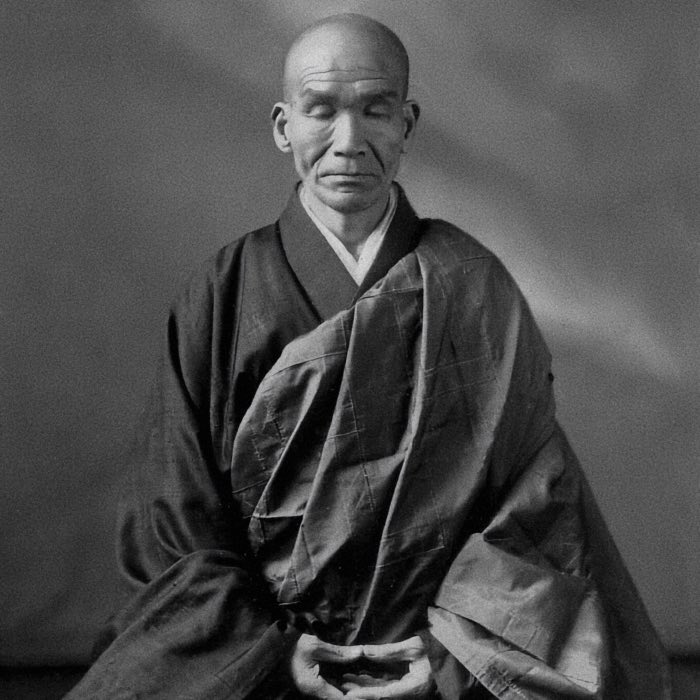


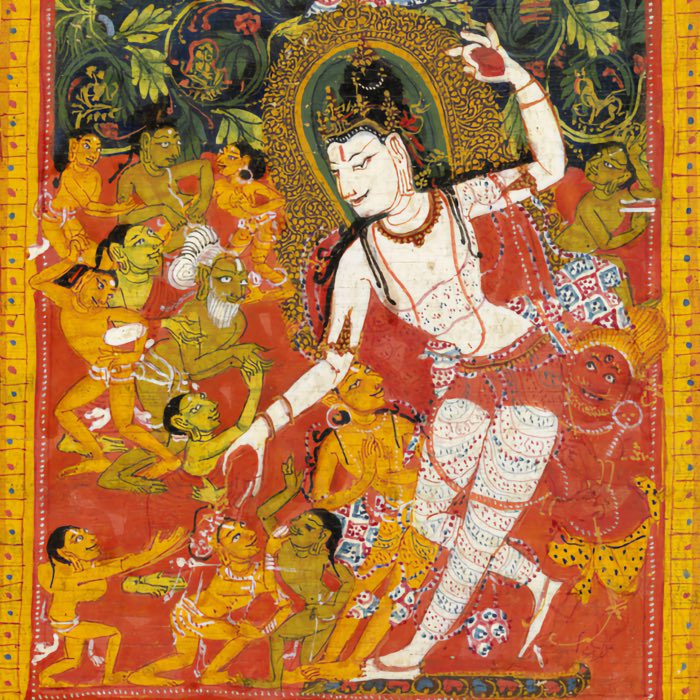

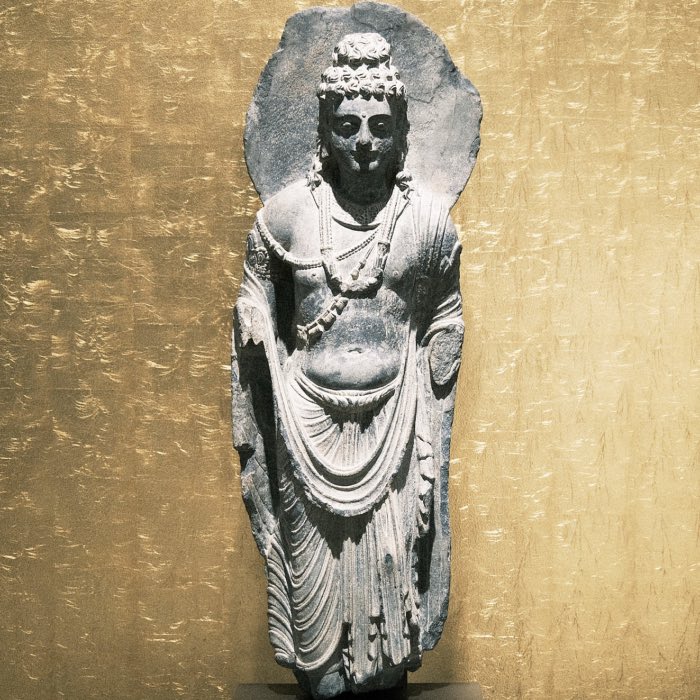
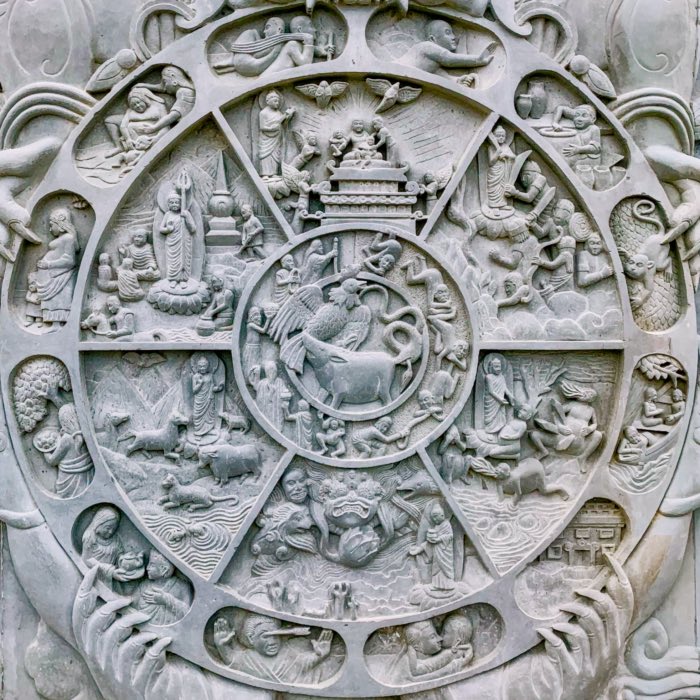

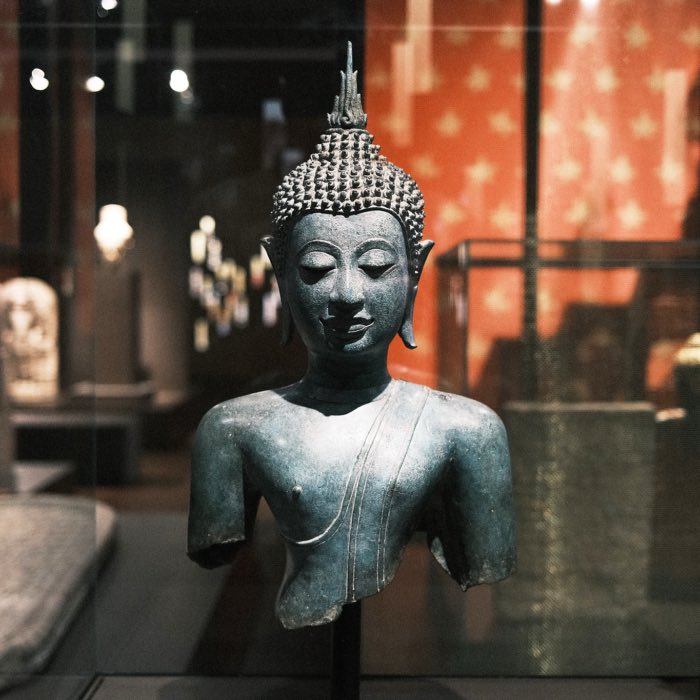

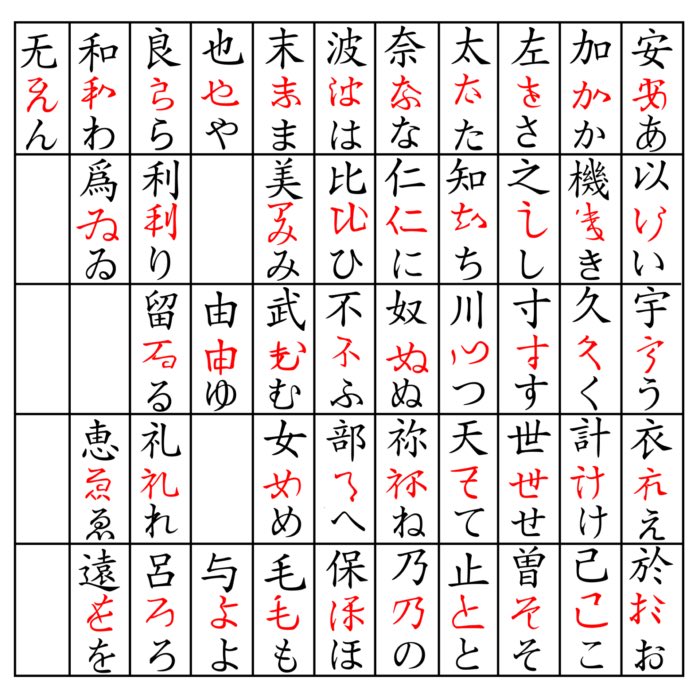








comments